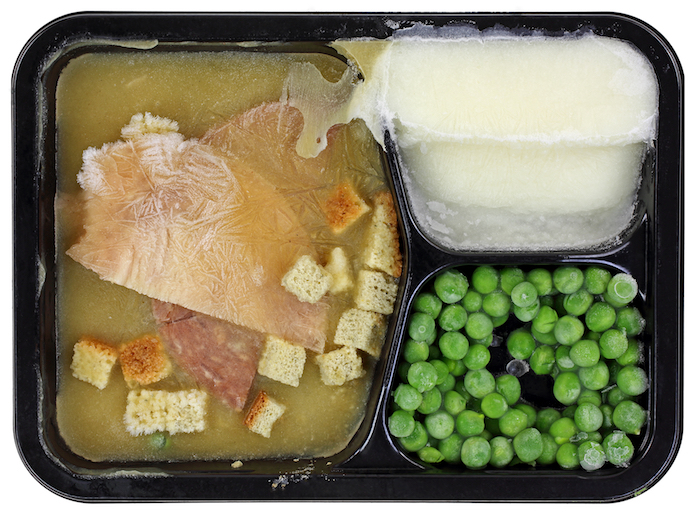 A growing body of research has suggested a link between consumption of “ultraprocessed foods” and higher incidence of diseases, such as diabetes and cancer. To date, this association has never been fully investigated. Now a study published in JAMA Internal Medicine presents new evidence linking consumption of heavily processed foods with an increased risk of early death.
A growing body of research has suggested a link between consumption of “ultraprocessed foods” and higher incidence of diseases, such as diabetes and cancer. To date, this association has never been fully investigated. Now a study published in JAMA Internal Medicine presents new evidence linking consumption of heavily processed foods with an increased risk of early death.
In their study, a team of French researchers began recording the dietary habits of more than 44,000 people in 2009 to monitor their intake of “ultra-processed” foods. “Ultra-processed” foods are characterized as ready-to-eat formulations, including snacks, desserts and some meats, that were prepared using additives, artificial colors, sweeteners, emulsifiers and stabilizers.
Over the course of seven years, 602 participants died – 219 from cancer and 34 from cardiovascular disease. Based on the numbers the scientists estimated a 10 percent increase in the consumption of ultra-processed foods resulted in a 15 percent increase in mortality. This link was clear even when the researchers factored in lifestyle, smoking, obesity and educational backgrounds of the participants.
Last year researchers published similar results from the same study, observing more cancers among heavy consumers of processed foods.
“This is a large, carefully conducted prospective study of healthy middle-aged and older French people, in which a statistically significant association between death from any cause and a relatively higher consumption of ‘ultra-processed foods’ has been identified,” said Dr Ian Johnson, nutrition researcher and Emeritus Fellow at the Quadram Institute Bioscience.
“To put things into perspective, although the risk of dying over the seven-year period of investigation was about 15% higher among those consuming more of these foods, the background risk across the whole group was low.”
While it is not possible for ethical reasons to conduct a controlled experiment in which one group eats ultra-processed foods and the other does not, observational studies are the only option. Still, the burning question remains, what is it about these foods that causes negative impacts on health? It may be because ultra-processed foods tend to be higher in sugar, salt and saturated fat.
“Such foods are attractive because they tend to be cheaper, are highly palatable due to high sugar, salt and saturated fat content, are widely available, highly marketed, ready to eat, and their use-by dates are lengthy, so they last longer. More needs to be done to address these inequalities.”
Another hypothesis points to the presence of additives, which have been studied in lab conditions on cells and on rats, notably by the French National Institute for Agricultural Research (INRA).
While some scientists are unsure whether the study proves a link between ultra-processed food and an early death, most agree that it provides more evidence that a junk food diet was bad for health.
“The case against highly processed foods is mounting up, with this study adding importantly to a growing body of evidence on the health harms of ultra-processed foods,” said Prof Nita Forouhi, of the MRC Epidemiology Unit at the University of Cambridge. She said more evidence was needed, “yet we would ignore these findings at public health’s peril.”
“A vital takeaway message is that consumption of highly processed foods reflects social inequalities – they are consumed disproportionately more by individuals with lower incomes or education levels, or those living alone,” Forouhi said.
Source: Association Between Ultraprocessed Food Consumption and Risk of Mortality Among Middle-aged Adults in France, Laure Schnabel, MD; Emmanuelle Kesse-Guyot; Benjamin Allès; et al. JAMA Intern Med. Published online February 11, 2019. doi:10.1001/jamainternmed.2018.7289











